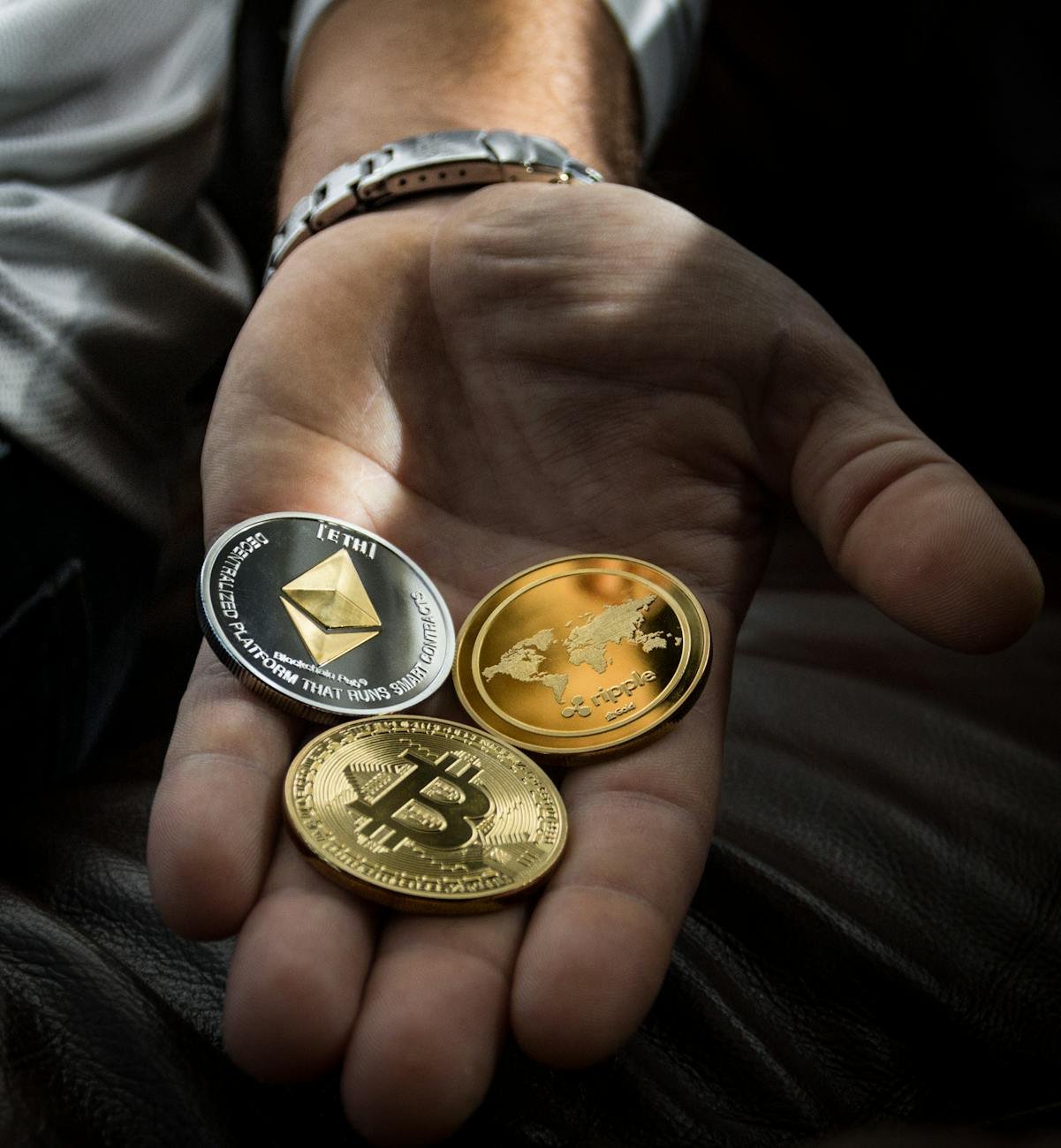Introduction
Have you ever found yourself pondering the digital currency landscape? Amongst the innovations, one curious coin that raises eyebrows is Pi. But the burning question remains: is Pi coin legal? Before we dive deep, let’s unravel the core of this mystery, sparking a conversation around what this means for users and investors alike.
The Enigma of Pi Coin
Pi coin, a digital currency that operates on a network powered by users’ mobiles, challenges traditional cryptocurrency frameworks. Emerging from an academic backdrop, its journey shines a light on both technological advancement and legal scrutiny. So, is Pi coin legal? The answer fluctuates, akin to waves in the vast ocean of cryptocurrency laws. As jurisdictions grapple with digital currencies’ legal definitions, aspiring Pi miners must navigate a labyrinth of regulations, which encourages one to contemplate the future of decentralized finance.
Decoding the Legal Framework
Many countries approach cryptocurrencies skeptically, crafting regulations to safeguard consumers while fostering innovation. For those who ask, is Pi coin legal?, understanding local law becomes paramount. For instance, in the U.S., regulations vary state-wise, making it essential for users to stay informed. So many ask: where does Pi stand in this digital battleground? Its decentralized nature could pose legal challenges yet also presents opportunities for wider public involvement and financial inclusion.

[…] legal status of Pi Coin is a subject of debate among regulators and cryptocurrency advocates. Some countries embrace […]
[…] legal status of Pi Coin is a subject of debate among regulators and cryptocurrency advocates. Some countries embrace […]